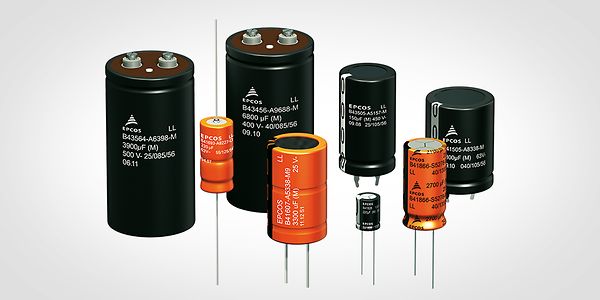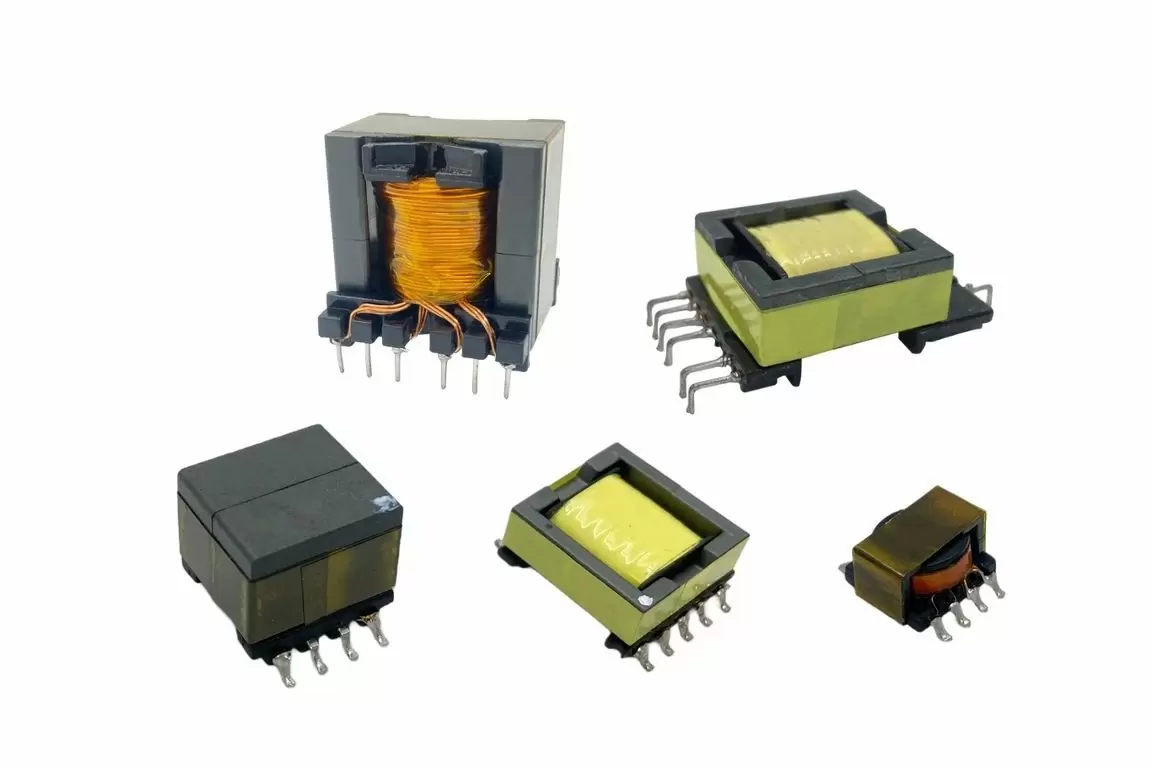In the realm of engineering, two fields that often spark debates among aspiring engineers are Electronics and Communication Engineering (ECE) and Electrical Engineering (EE). Both disciplines are integral to our technologically advanced society, but the question remains: which is better, Electronics and Communication or Electrical Engineering? This article aims to provide a comprehensive comparison of these two fields, considering various factors such as course content, job prospects, and industry trends.
Firstly, let's delve into the core of these two disciplines. Electrical Engineering is a broad field that deals with the study and application of electricity, electronics, and electromagnetism. It encompasses a wide range of subfields including power engineering, control systems, radio-frequency engineering, and signal processing.
On the other hand, Electronics and Communication Engineering is a branch that focuses on electronic devices and software interfaces. The course content is designed to provide a thorough understanding of the conceptual and practical aspects of network design, digital communications, and embedded systems.
When it comes to job prospects, both fields offer a plethora of opportunities. Electrical engineers are in high demand in sectors such as energy, automotive, and construction, where they design, develop, and maintain electrical systems and components. They are also integral to the renewable energy sector, which is expected to grow exponentially in the coming years.
ECE graduates, on the other hand, find opportunities in industries like telecommunications, IT, and consumer electronics. With the advent of the Internet of Things (IoT), 5G technology, and artificial intelligence, the demand for skilled ECE professionals is on the rise.
In terms of salary, both fields offer competitive remuneration. However, the exact figures can vary depending on factors like location, level of experience, and the specific industry.
Another crucial factor to consider is the future industry trends. With the world moving towards sustainable energy solutions, electrical engineers with expertise in renewable energy systems will be highly sought after. Meanwhile, the rapid advancements in communication technologies and the increasing reliance on smart devices will continue to fuel the demand for ECE professionals.
In conclusion, the choice between Electronics and Communication and Electrical Engineering largely depends on an individual's interests and career goals. Both fields have their own set of challenges and rewards. Aspiring engineers should consider their passion, the kind of projects they would like to work on, and the impact they want to make in the world before making a decision.


